TELECEL Zimbabwe has started regularising its lopsided shareholding, a precondition for the renewal of its expired mobile licence, after emissaries of its shareholders met Government officials two days ago.
The mobile telecommunications company's shareholders jetted in on Tuesday to spell out how they will reduce their shareholding from 60 percent to about 40 percent in line with terms outlined in the cellular licence issued in 1998.
Original terms of the operator's licence stated that Telecel Zimbabwe would dispose of 20 percent of its stake to indigenous shareholders since the licence was originally meant for empowerment of indigenous people. To that end, Transport, Communications and Infrastructural Development Minister Nicholas Goche recently said Telecel Zimbabwe's cellular licence would not be renewed until the firm addressed its skewed shareholding.
Telecel Zimbabwe's licence expired last month and needed to address its shareholding anomaly first before coughing up US$137 million to get a new 20-year licence. Telecel International managing director Mr John Swaim and Orascom Telecom Holdings legal adviser Mr David Dobbie are in the country to discuss the issue.
Details of their discussions remained under wraps until late yesterday, but the two executives are said to have held two meetings with officials from the Ministry of Transport, Communications and Infrastructural Development.
Telecel International holds 60 percent stake in the local entity with the balance of 40 percent held by Empowerment Corporation. Telecel International is a subsidiary of Egyptian telecoms giant, Orascom Holdings. But Russian telecommunications giant Vimpelcom now indirectly controls Telecel International and its Zimbabwe subsidiary after acquiring majority shareholding in Telecel International's parent firm, Orascom.
Telecel Zimbabwe communications and branding director Mr Obert Mandimika confirmed Messrs Swaim and Dobbies met Government officials, but could not shed light on what was discussed and who else the two had met.
"The two (Swaim and Dobbie) held meetings yesterday (Wednesday) and today (Thursday). They were scheduled to meet officials from our parent ministry," he said.
Because of the lopsided structure of Telecel Zimbabwe's shareholding, skewed in favour of Telecel International, Telecel Zimbabwe has been associated with limitless controversies involving operations and staff issues. Among the topical issues that have rocked the company in recent years are issues regarding perceived preference for foreigners in strategic positions to ensure transfer pricing in procurement and ill-treatment of local workers.
Recently, the alleged preference for foreign executives in strategic positions was seemingly confirmed by the resignation of chief executive Mr Francis Mawindi allegedly elbowed out for refusing to take orders from Cairo.
The skewed shareholding has also been cited for the failure by the company to declare a dividend since its inception.
Telecel Zimbabwe is the country's second biggest mobile phone operator after the Strive Masiyiwa owned Econet Wireless. The country's oldest but now smallest by subscriber numbers, NetOne, is Zimbabwe's third mobile phone operator.
- herald
 Mliswa flees to South Africa?
Mliswa flees to South Africa?  South African ambassador falls to death from Paris hotel room
South African ambassador falls to death from Paris hotel room  India dumps US Treasury bills
India dumps US Treasury bills  ZSE and VFEX recover after weak 1st half
ZSE and VFEX recover after weak 1st half  Gold edges up as traders await guidance
Gold edges up as traders await guidance  Zimbabwe gold prices move to 118.26 per gram
Zimbabwe gold prices move to 118.26 per gram  Young Investment Professional (YIP) Graduate Programme 2019
Young Investment Professional (YIP) Graduate Programme 2019 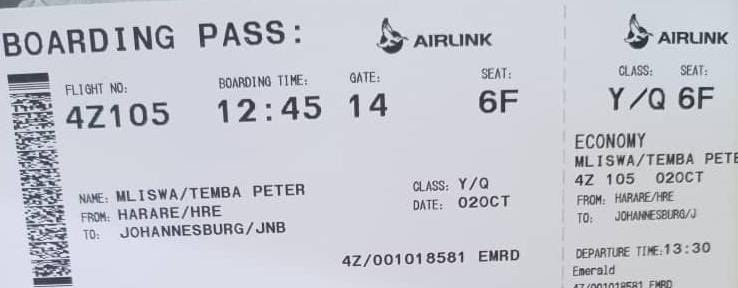
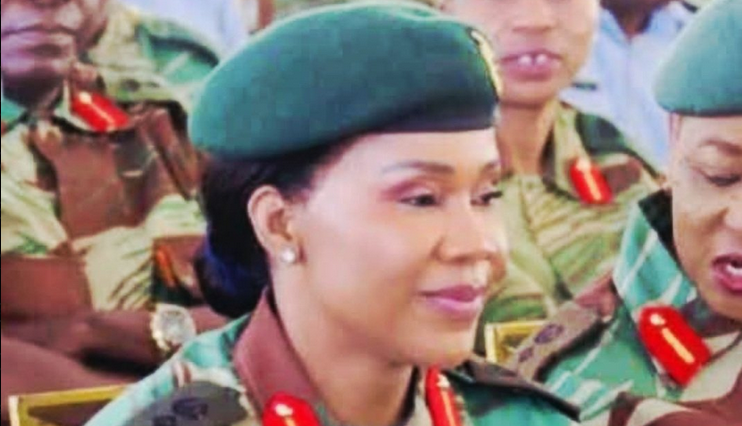
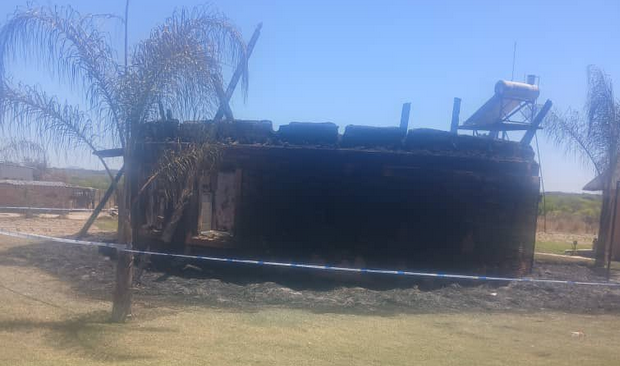
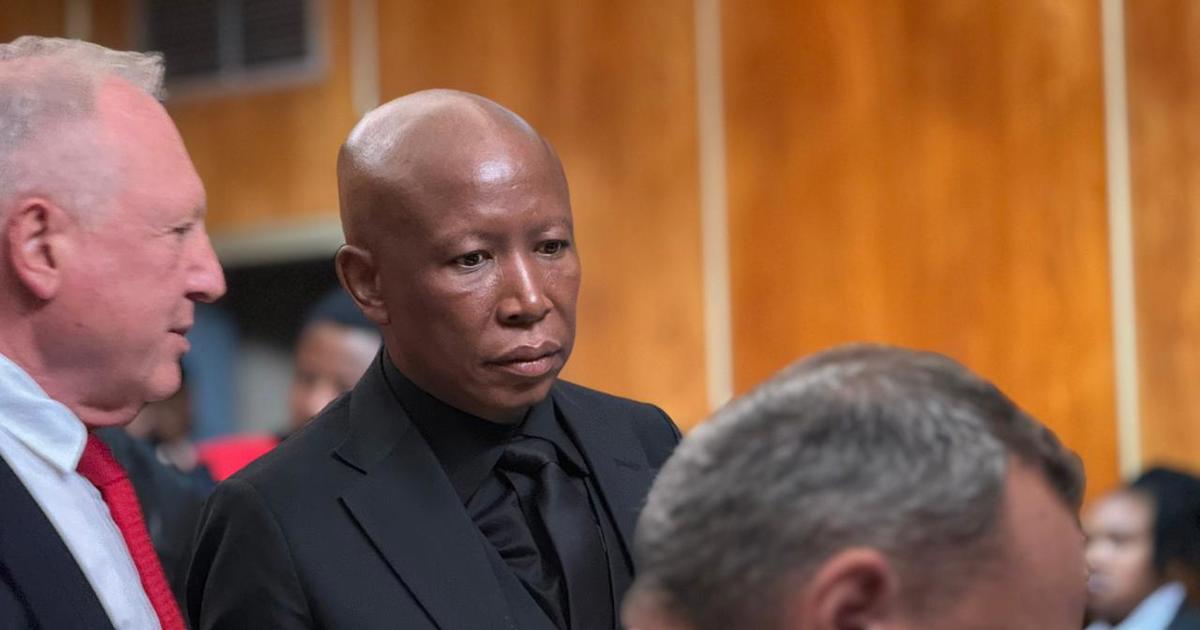

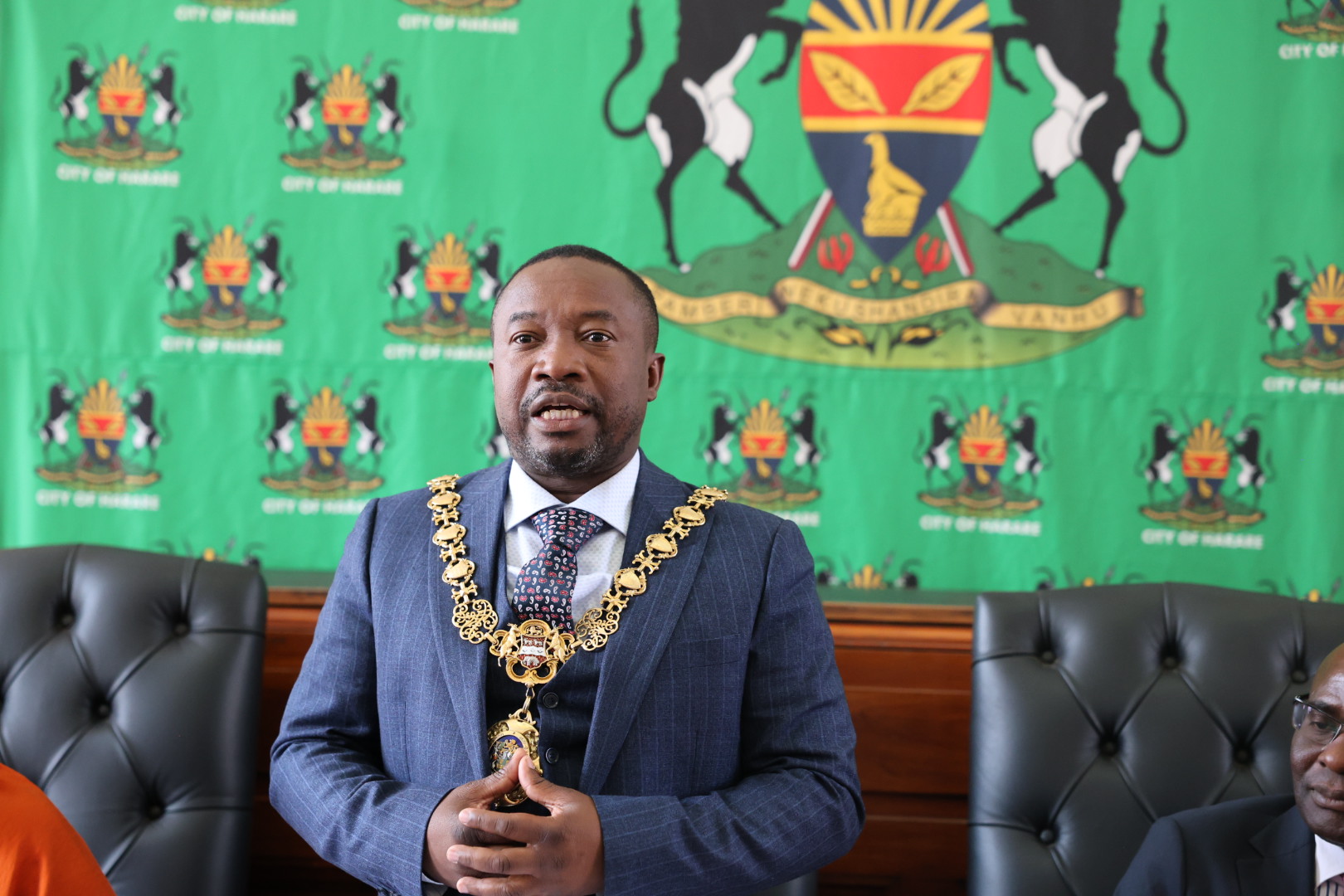
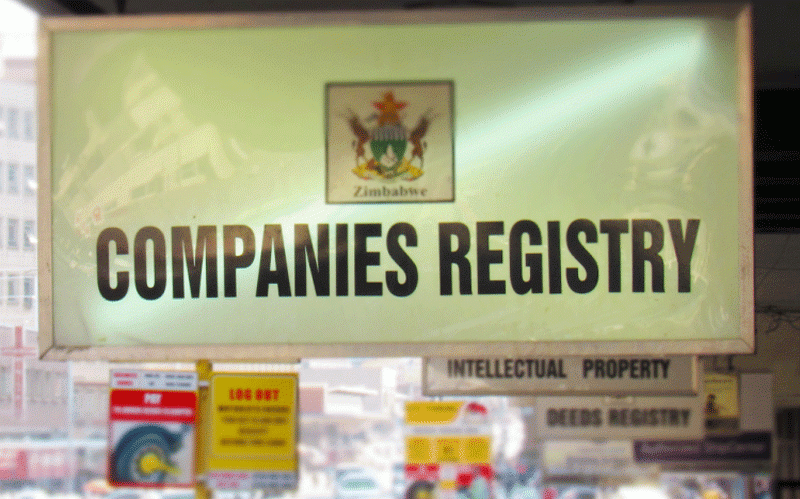

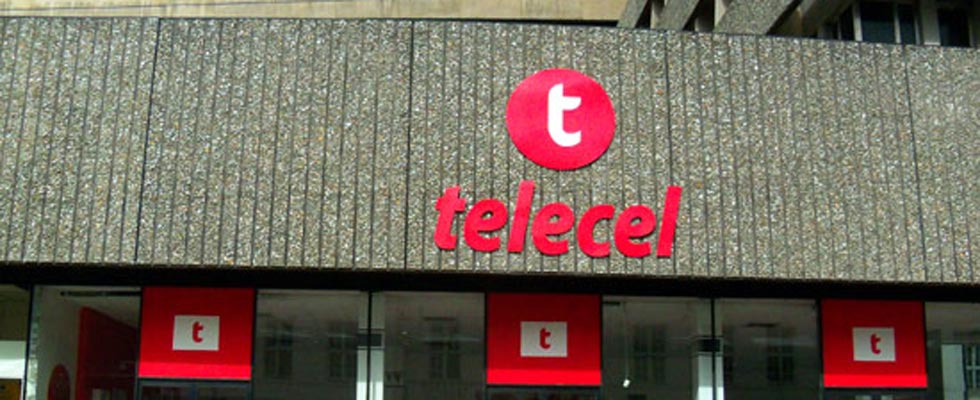
 Young Investment Professional (YIP) Graduate Programme 2019
Young Investment Professional (YIP) Graduate Programme 2019
Editor's Pick